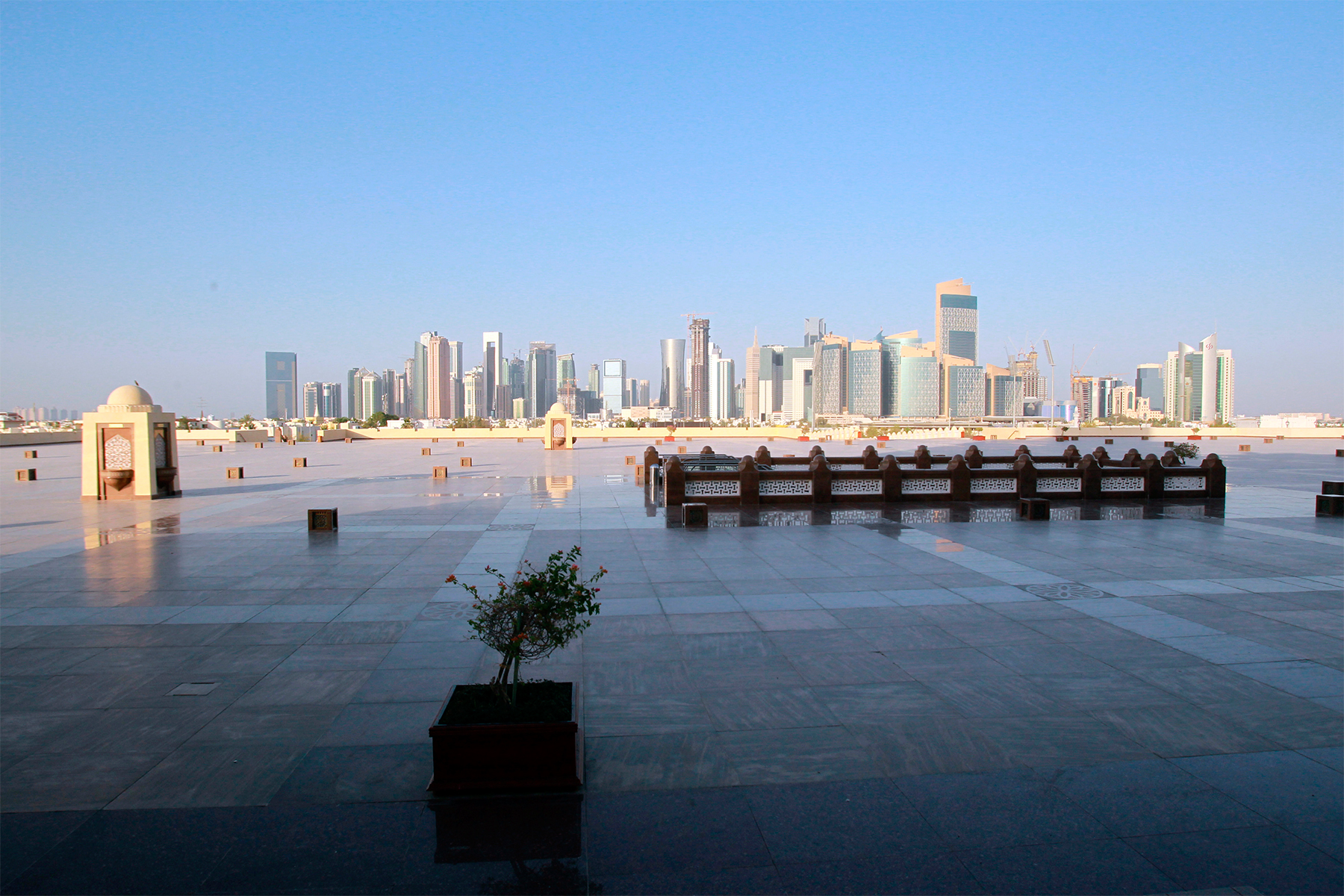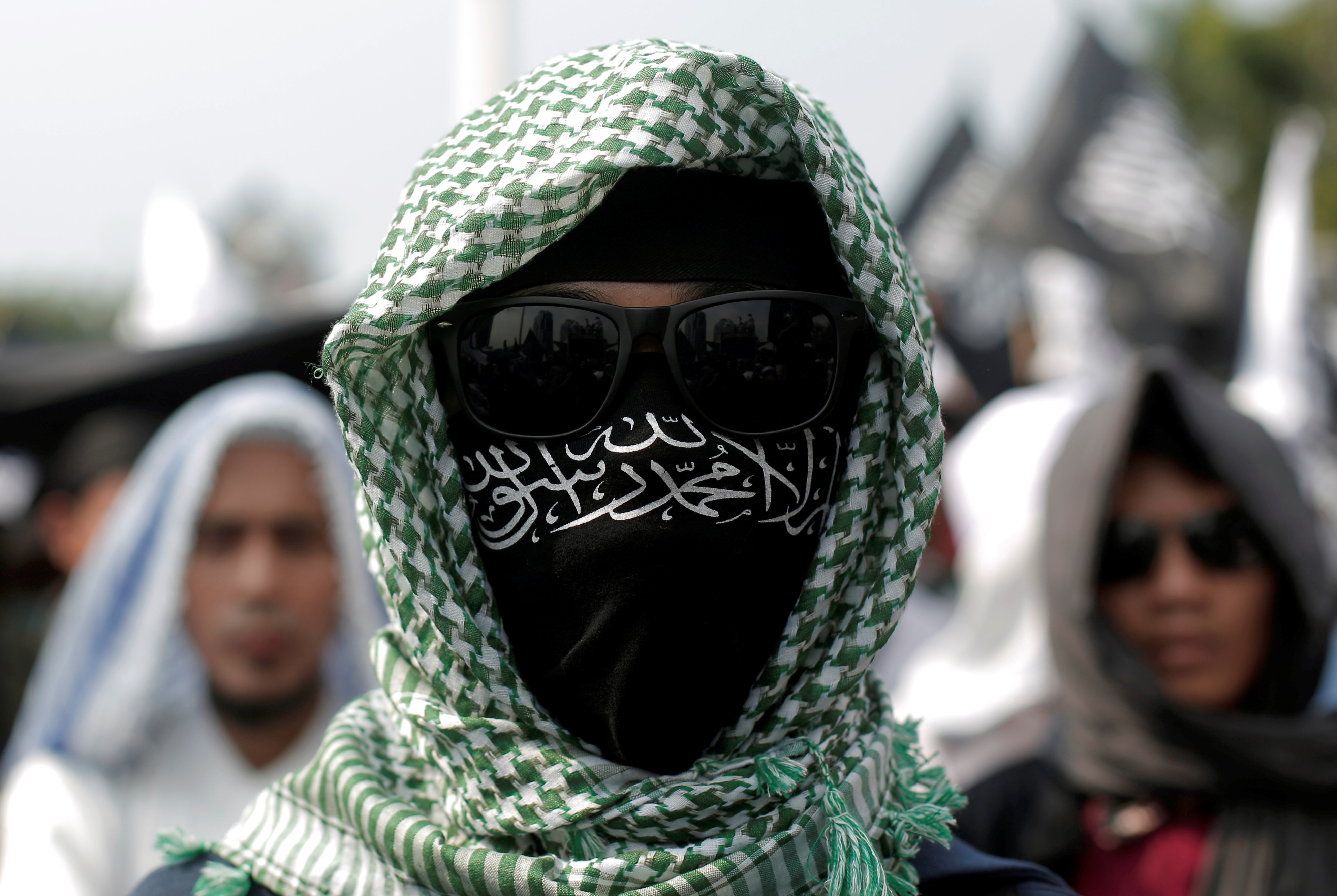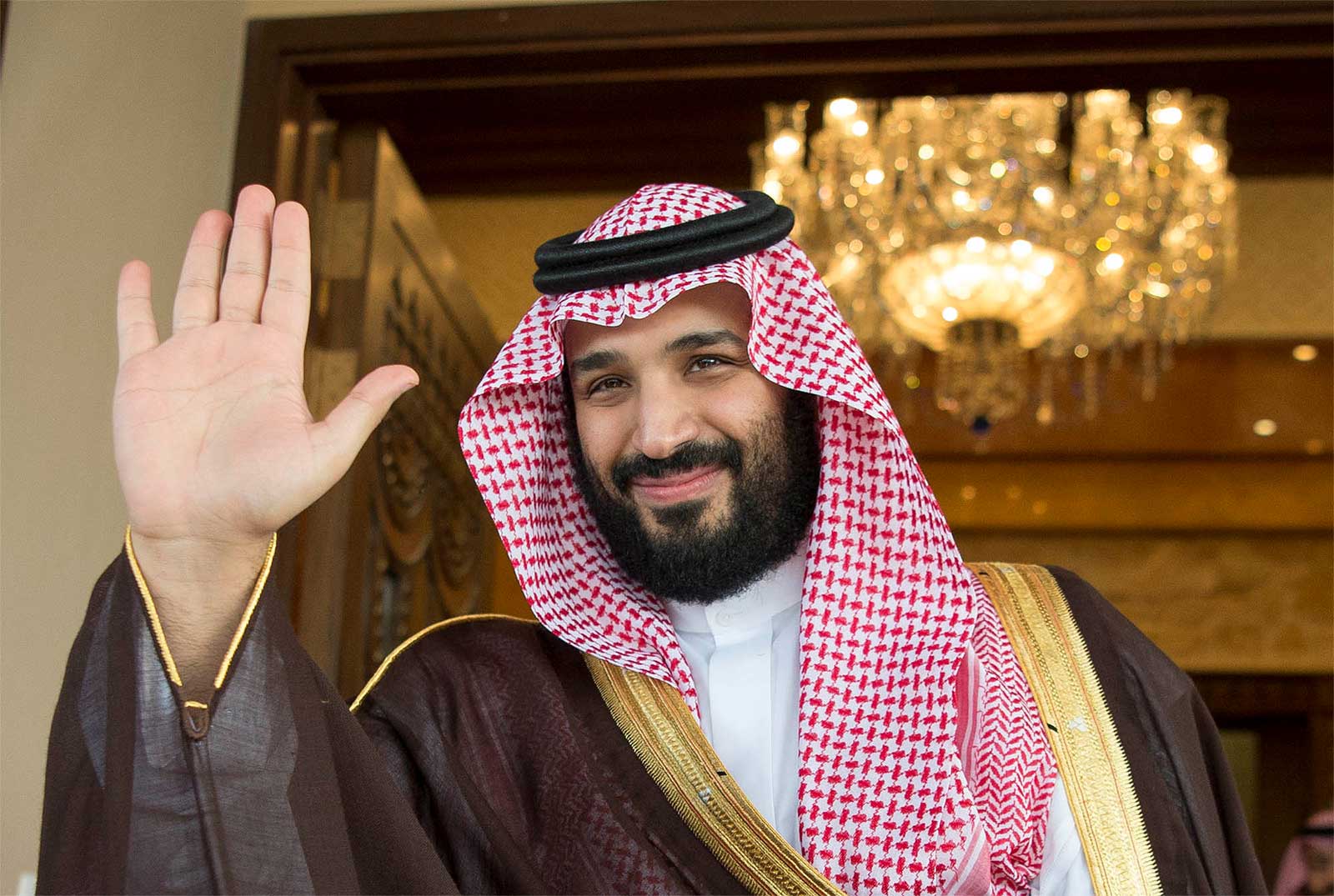One of the most disturbing trends in international politics today is a rapid deterioration of the security situation in the Gulf area, — a region which remains a critically important part of the global economy, finance and transportation. The foreign military involvement in the civil war in Yemen and the approaching humanitarian disaster in this country, the recent unprecedented pressure on Qatar by a number of neighboring Arab states are just the most graphic illustrations of this dangerous development. The Gulf Cooperation Council is in the state of paralysis and its future remains unclear. Many Gulf countries are getting increasingly vulnerable to domestic social and political unrest. The United Nations Security Council, including its permanent members, shows little appetite for any meaningful action and takes a deplorable position of an idle bystander.
One of the most disturbing trends in international politics today is a rapid deterioration of the security situation in the Gulf area, — a region which remains a critically important part of the global economy, finance and transportation. The foreign military involvement in the civil war in Yemen and the approaching humanitarian disaster in this country, the recent unprecedented pressure on Qatar by a number of neighboring Arab states are just the most graphic illustrations of this dangerous development. The Gulf Cooperation Council is in the state of paralysis and its future remains unclear. Many Gulf countries are getting increasingly vulnerable to domestic social and political unrest. The United Nations Security Council, including its permanent members, shows little appetite for any meaningful action and takes a deplorable position of an idle bystander.
Can the Gulf area be “fixed”? If not, are we going to observe an even deeper disintegration of the region, an emergence of “failed states” on its map, violent social and political transformations, regime changes and spillovers of political extremism and international terrorism to other part of the world? What should the Gulf crises teach us?
The unraveling instability and the rise of insecurity in the Gulf demonstrates that traditional models of providing regional security simply do not work in the XXI century. Let us outline two of them.
The first model was centered on a regional hegemonic power that could takes responsibility for stability in its “natural” sphere of influence. In the Gulf case, the role of the regional hegemon is claimed jointly by Saudi Arabia and UAE, with Saudis providing most of the “hard” power, while Emirati contributing its political ideology and strategic vision. Even if we put aside moral and legal deficiencies of this model, both Yemen and Qatar cases question the mere feasibility of a “regional uni-polarity”: neither Saudi Arabia nor UAE seem to be capable of successfully “managing” arguably much less powerful regional players. On the contrary, political divisions in the region are getting deeper and prospects for a regional reconciliation are becoming more and more remote.
Another traditional regional security model is based on the leading role of an out-of-area hegemon, which acts as an external security provider and an honest broker in regional disputes. The United States appears to be the perfect candidate to play this role. In fact, the concept of a “Greater Middle East” popular with the J.W. Bush — Junior Administration in the beginning of the century, envisaged building various military and political alliances in Middle East and North Africa under the US security umbrella. This concept, however, turned out to be stillborn — not only because it was incepted by DC based analysts and bureaucrats with questionable knowledge of the region, but also because it implied the idea of division; the intention was to mobilize the Arab world for a joint struggle against US opponents and foes in the region.
It is too early to make any final judgements about the Donald Trump Administration strategy in the Gulf region, but there are grounds to suspect that the United States might repeat its past mistakes. The concept of an “Arab NATO” backed by US and targeted against Iran seems to gain momentum in Washington. The odds are that this concept will be no more successful that the concept of a “Greater Middle East”: the Arab world, including the Gulf region, is very complex and highly diverse, interests and priorities of various Arab states are in no way identical. An attempt to create a defense alliance similar to NATO in the Golf region does not look realistic or even desirable.
Nevertheless, let us imagine that such a military bloc could indeed emerge in the Gulf region. What security problems would it be in a position to resolve? In the best case scenario, this arrangement would freeze the current conflicts in the Gulf in the format of a regional Cold War. As we know from the European history of the second half of the XX century, this format has many negative strings attached, including mutual mistrust and suspicions, continuous arms race and political tensions, and, most importantly, an inherent risk of the Cold War turning into a real “hot” war.
Where should we look for alternatives to these deficient models? It seems that the only plausible alternative is a collective security model applied to the Gulf region as well as to Middle East at large. This model might look too radical, naïve or detached from the current regional political realities. Nevertheless, the desperate situation in Yemen and the stalemate around Qatar suggest that any half-way, tactical solutions are not good enough to handle basic security problems of the region.
One of the fundamental principles of any international collective security system — its inclusive nature. It goes without saying that leading Arab nations — Egypt, Saudi Arabia, UAE and others — have to play a decisive role in building such a system. However, can one ignore non-Arab states of the region -such as Iran, Turkey and Israel? These states are no less interested in a stable, predictable, prosperous and vibrant Middle East than their Arab neighbors are. It would be not only unfair, but also highly shortsighted to remove any of these states from the regional arrangement. To exclude just a single major player would make the whole system extremely fragile and unreliable.
The new regional collective security system should be based on universal international law principles, including respect for national sovereignty and territorial integrity of member states, protection of basic human and minority rights, etc. The United Nations Security Council or special mechanisms launched by the Security Council should provide credible guarantees for the enforcement of the new arrangement. For instance, one can consider an analogue to the P5+1 setting, which turned out to be quite efficient in dealing with the Iranian nuclear portfolio. A system of an efficient international monitoring of the situation in the region should also be considered. One of the options is to create a regional OSCE-type institution.
All these questions, no matter how disputed and
controversial they might look, can be successfully dealt with, if one
indispensable precondition is met. This precondition is that major regional and
non-regional actors should fully
understand the real scale of the challenge they have to confront. This
understanding should lead to a sense of historic responsibility in restoring
the regional stability. Unfortunately, such a sense is in a clear deficit
today.







